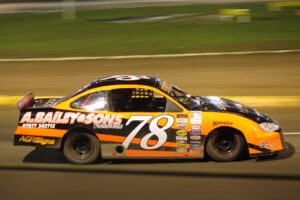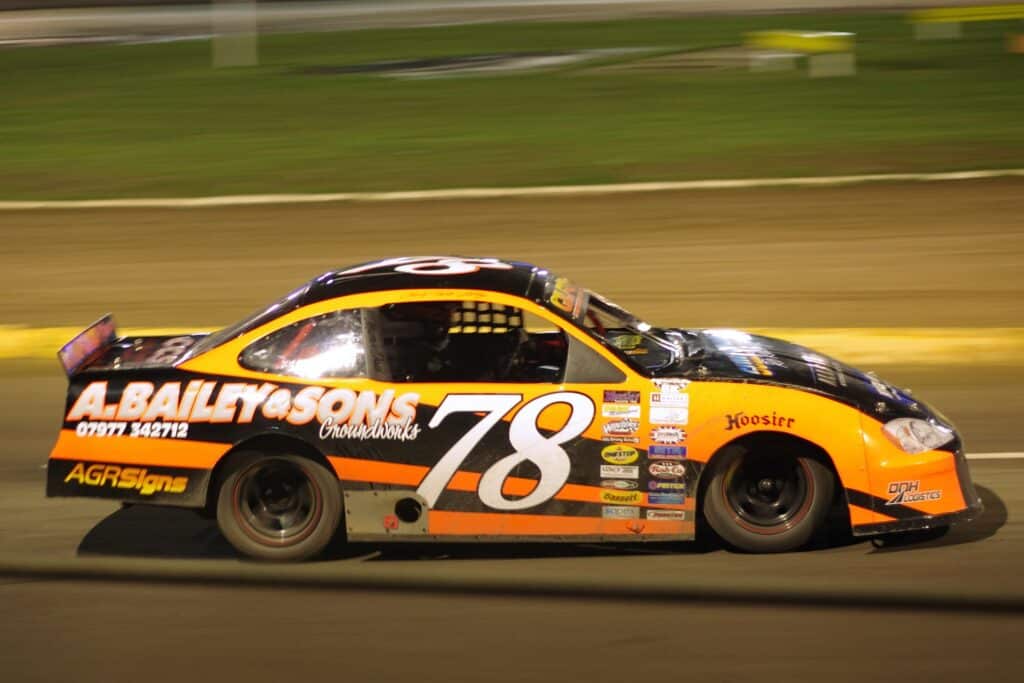No products in the cart.
History
NASCAR, a global motorsport phenomenon
 NASCAR, a global motorsport phenomenon, captivates audiences with its high-velocity races, electrifying finishes, and unyielding dedication of its pit crews. These crews are the linchpin of success, ensuring that race cars maintain peak conditions throughout the race and enabling drivers to execute rapid, efficient pit stops as required.
NASCAR, a global motorsport phenomenon, captivates audiences with its high-velocity races, electrifying finishes, and unyielding dedication of its pit crews. These crews are the linchpin of success, ensuring that race cars maintain peak conditions throughout the race and enabling drivers to execute rapid, efficient pit stops as required.
Comprising skilled mechanics, engineers, and specialists, the pit crew operates in unison to support the driver during the race. Their responsibilities include servicing the car during pit stops, swapping out tires, refueling, and executing any vital repairs. Their indispensable role in NASCAR racing is evident as they guarantee that the car operates at maximum performance—often the deciding factor between winning and losing the race.
A NASCAR pit crew consists of seven members, each with distinct responsibilities. The crew chief, as the team leader, makes decisions regarding the car’s setup and race strategy. The tire changer and tire carrier work in tandem to replace tires during pit stops, while the jackman lifts the car and the fueler replenishes its supply.
In addition, front and rear tire carriers transport tires during pit stops, with the former assisting the tire changer in removing lug nuts and the latter aiding in mounting the new tire. Each pit crew member must collaborate seamlessly to ensure pit stops are executed swiftly and efficiently, demanding exceptional coordination and training.
Pit stops are a critical aspect of NASCAR races, requiring crews to change all four tires, refuel the car, and perform any necessary repairs within a mere 13 seconds. A well-executed pit stop can propel the driver forward in the race, while a poor stop can jeopardize their chances of victory. Pit stops also provide opportunities for drivers to communicate with crew chiefs, discussing car performance and necessary adjustments, such as tire pressure, wedge, or track bar modifications.
Yet, the pit crew’s duties reach far beyond the realm of pit stops. Tasked with upholding the car’s integrity during the race, they replace impaired components, tackle electrical malfunctions, and mend wreckage sustained from collisions. This exacting role subjects pit crew members to high-pressure environments where the margin for error is razor-thin. They must exhibit speed, precision, and a keen eye for detail while simultaneously demonstrating adaptability amid evolving circumstances.
NASCAR pit crews are tireless, highly trained professionals who form an essential component of the race, playing a pivotal role in determining its outcome. Without them, drivers would struggle to perform quick, efficient pit stops, and cars would falter in performance.
In recent years, NASCAR has introduced new rules to make pit stops even more challenging. One such regulation limits the number of crew members allowed to work on the car during a pit stop, further testing the pit crew’s ability to maintain their speed and efficiency under pressure. These crews continue to showcase their dedication and skill, proving themselves indispensable in the high-octane world of NASCAR racing.



